Mailbird Email Client: Bridging Language Barriers
Mailbird email client now offers comprehensive multi-language support following overwhelming international community requests. The update includes enhanced IMAP protocol integration and maintains advanced features like conversation view, making professional email communication accessible to users worldwide in their native languages.

Article Updates
- August 2025: Updated with IMAP support information to provide readers with comprehensive email protocol options. This enhancement ensures the article covers current email configuration methods for better user guidance.
At Mailbird, we understand that effective communication transcends language barriers, and we are committed to improving productivity for users worldwide. According to Statista's global internet language statistics, over 60% of web content is in non-English languages, highlighting the critical need for multilingual software solutions. Originally, we planned to develop Mailbird exclusively in English, but after receiving overwhelming requests and support from our international community, we made the strategic decision to implement comprehensive multi-language support. The first version of Mailbird with multi-language capabilities has arrived thanks to our dedicated fans and contributors across the globe. This achievement brings you enhanced email client functionality for Windows in your native language.
Even before our full multi-language support release, Mailbird already featured spell check support for 11 languages, or 12 if you count UK English as a separate variant. According to Microsoft's localization documentation, comprehensive spell checking is fundamental to professional email communication across different linguistic regions.
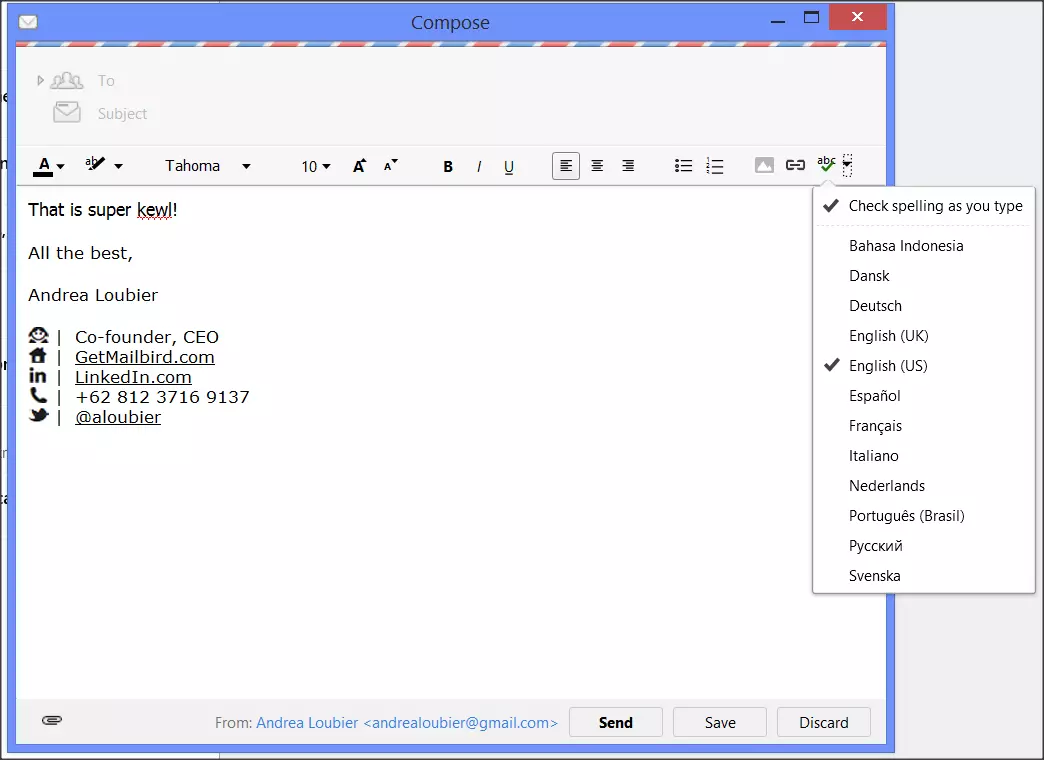
"I have tested numerous email clients including Thunderbird and many others. I was previously stuck with Roundcube webmail until I discovered Mailbird. It features a beautiful interface and integrates perfectly with IMAP protocols. However, the primary reason I continue using Mailbird is the conversation view functionality, which significantly reduces time spent searching for emails. Why do I want to translate Mailbird? It's an exceptional piece of software, and I want to support its global accessibility." - Lars Pech, German Translator and Mailbird power user
We received tremendous support from volunteers worldwide who wanted to contribute to the project by translating Mailbird. Initially, we considered working with a professional translation service provider. However, we recognized the invaluable opportunity to learn from and engage directly with our user community. Research from Gartner's customer experience studies shows that user-driven localization often produces more contextually accurate translations than traditional services. Thank you for sharing our enthusiasm about Mailbird and for your willingness to make the application accessible in your native language.
Software localization involves far more complexity than most people realize. Every menu, tooltip, suggestion, field label, and error message requires careful translation and cultural adaptation. According to W3C internationalization guidelines, successful software localization requires attention to linguistic nuances, cultural context, and technical terminology. The significant advantage of having actual Mailbird users contribute to multi-language support is their intimate familiarity with the application. They understand the software's functionality and context, enabling them to provide more accurate and user-friendly translations.
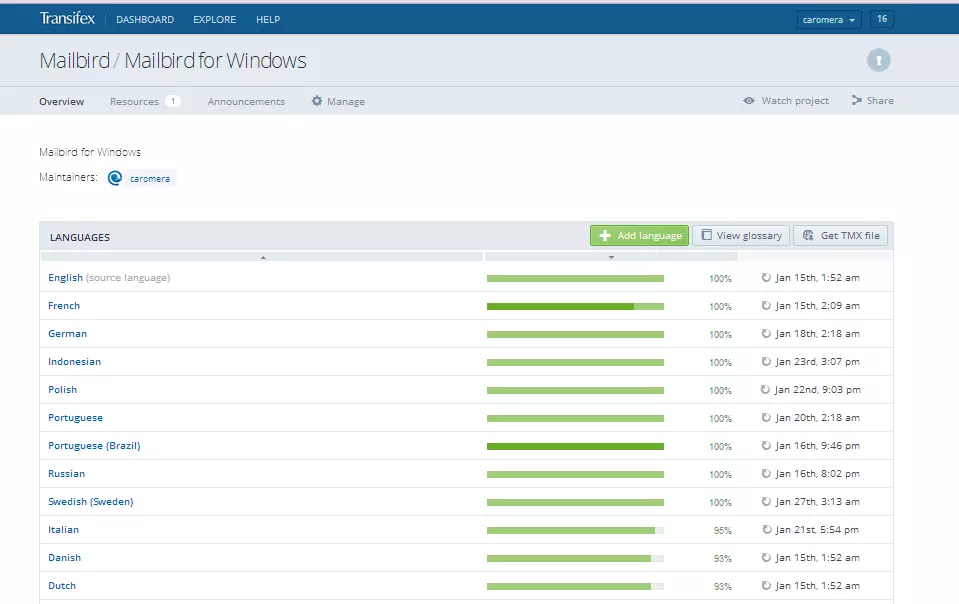
We were genuinely surprised by the enthusiastic response from our international user community regarding the localization effort. Many users proactively offered their translation services without any solicitation from our team. We are deeply grateful to our translation contributors and Mailbird community champions: Michał Jakubowski, Konrad Rymczak, Stella Haun, Lars Pech, Tim, Mikkel Andreasen, Andrew Levchenko, Arkady Gaidarji, Héctor Solís Andrade, Daniel Maciel, José Renato, Rogério Filho, Fernando Santos, Valerio Francescangeli, Bruno Schellino, Manuel Debaux, Alain Besancon, Ruben Coolen, Anna Berlee, Leonardo Santoso, Radoslav Danev, Johan Franzén, Marius Baesu, and many others who continue to join our localization community.
For version 1 of our multi-language support, we focused on making email management more accessible for users who prefer to use an email client in their native language. This collaborative effort involves our core development team of eight members, plus 36 dedicated Mailbird users who are helping us translate the application into 14 additional languages beyond English:
- English (source language)
- French
- German
- Indonesian
- Polish
- Portuguese
- Russian
- Swedish
- Italian
- Danish
- Dutch
- Bulgarian
- Romanian
- Spanish
- Turkish
Implementing comprehensive multi-language support has been a challenging but rewarding undertaking for our team. We are committed to delivering the best alternative email client for Windows to users worldwide. Our first priority was finding a robust web-based collaboration tool to manage updates and communicate changes effectively with our translation community. After evaluating several options, we selected Transifex for its user-friendly interface, excellent startup support programs, and responsive customer service.
Our volunteer translators first focused on localizing our website content before tackling the complete application interface. According to industry standards from ISO language code specifications, proper software localization requires systematic translation of all user-facing elements. We particularly remember Alain, our French translator, completing the initial translation round in just three hours. Subsequently, we received numerous requests for additional language support, particularly Portuguese, driven by our substantial Brazilian user base. Our German, Dutch, Polish, and Russian translation teams demonstrate exceptional efficiency, rapidly updating translations whenever we release source file updates.
Our development team invested significant effort in adapting Mailbird's interface to accommodate different languages gracefully. Each window and control element was carefully reviewed to ensure content displays properly regardless of the selected language. We enhanced our installer to provide a seamless native language experience from the moment users download Mailbird.
To experience Mailbird in your preferred language, follow these steps:
- Open your Mailbird email client
- Click on the Mailbird dropdown menu in the top left corner of the application window
- Select 'Options'
- Navigate to the 'Advanced' tab
- At the bottom of the 'Advanced' tab, choose your preferred 'Application language'
- Restart Mailbird
- Enjoy! Mailbird now operates in your selected language.
Collaborating with our international translation community has been incredibly rewarding for our entire team. Some contributors focused on translation accuracy, while others specialized in review and quality assurance. We observed diverse working styles - some translators prioritized speed and efficiency, while others demonstrated meticulous attention to detail and linguistic precision. Your feedback and questions have contributed to numerous improvements throughout Mailbird's development. We acknowledge that the initial version may not achieve 100% perfection, and you may encounter some minor interface elements still displayed in English. Please report any translation errors you discover when testing Mailbird in your chosen language.
Radoslav Danev, one of our dedicated Bulgarian translators, shares his experience:
"Since I first began using computers, email has been one of my primary communication tools, and I always found it cumbersome and time-consuming to constantly check for new messages through web browsers. I tested Thunderbird, the default mail client in Windows, and various other programs, but none captured my attention or served as my primary email client for extended periods. Everything changed when I installed Mailbird. The application's simplicity immediately appealed to me. Email management became the central focus (unlike other clients), and the interface was perfectly organized. I was pleasantly surprised by the integrated applications - through Mailbird, I could access my contacts, Google Calendar, Google Drive, Evernote, and other services, which further streamlined my workflow and saved valuable time. I'm confident I won't switch to any other email client, and I believe you'll feel the same once you experience it yourself."
As this represents the first release of our multi-language support system, we remain committed to continuously improving translations across all supported languages. We will refine every word, sentence, and paragraph to ensure Mailbird maintains the same professional quality in all languages as it does in English. We welcome additional contributors who would like to help translate Mailbird. This marks the beginning of our journey to establish Mailbird as a truly global email solution for the Windows and Mac platforms. We are excited about the opportunities this creates for both current and new users, making Mailbird increasingly accessible to people worldwide.
If you want to support Mailbird localization in your native language, you can register to contribute translation services here: /donation/ and select "Translation Service" as the donation type. As a token of our appreciation, we provide Mailbird Premium access to our active translators upon completion of the beta phase.
We are also excited that Microsoft announced bringing Metro applications to the desktop environment, which reinforces that the desktop computing paradigm continues to thrive. Desktop email clients remain essential for managing professional workloads and maintaining productivity. We continue improving our ability to enhance global productivity, and you can learn more about our ongoing development efforts and the capabilities of Mailbird.
From our localization project manager Caro and the entire Mailbird team, we extend our heartfelt gratitude to everyone worldwide who contributed to this multilingual feature. Thank you for your support and for helping us make Mailbird more accessible to users around the globe.
To learn about international support for the best alternative email client for Windows and to see how Mailbird appears in different languages, explore the international coverage of Mailbird below:
Japanese
http://goo.gl/vm09ii
Spanish
http://www.omicrono.com/2013/04/mailbird-gmail-en-tu-escritorio-con-todas-sus-funciones/
French
http://www.viceup.com/actualite/alternative-a-thunderbird-et-outlook-client-mail-windows/
http://www.dailymotion.com/video/xyo1zb
freshnews-409-3-millions-pour-feedly-facebook-home-sur-htc-myst-mailbird-02-04-2013
tech
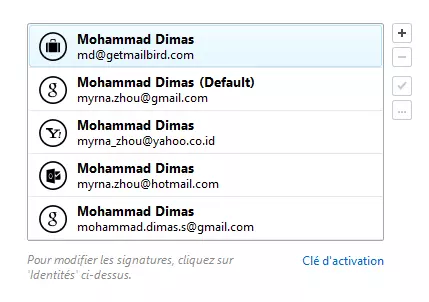
Indonesian (Bahasa)
Mailbird featured in Indonesia's leading technology publication, Chip Magazine
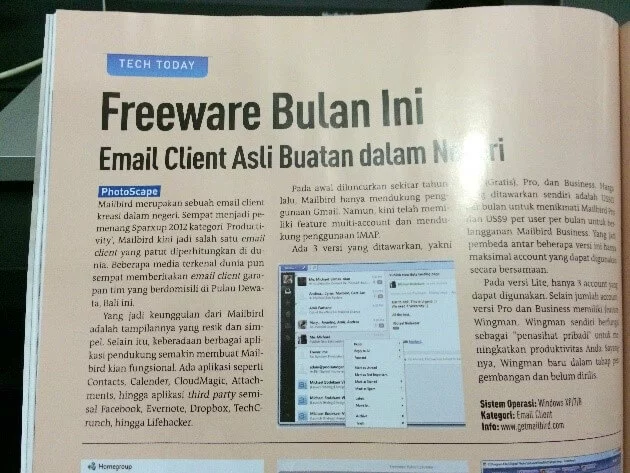
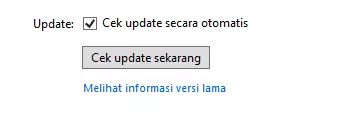
Danish (Dansk)
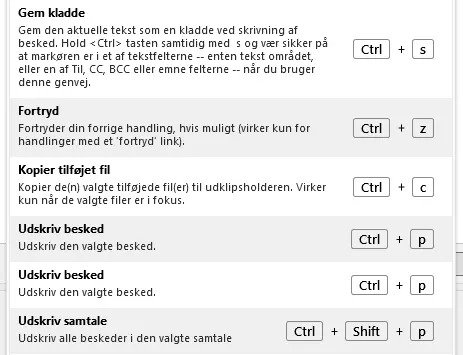
German (Deutsch)
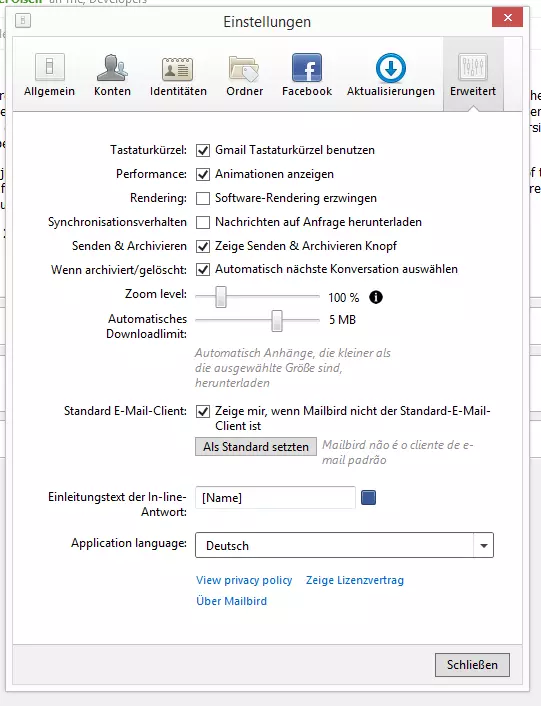
Russian

Swedish (Svenska)
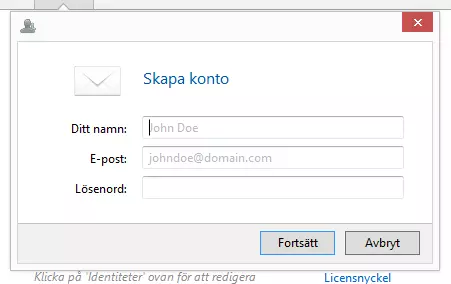
Italian
http://www.geekissimo.com/2013/04/01/mailbird-nuovo-splendido-client-email-windows/
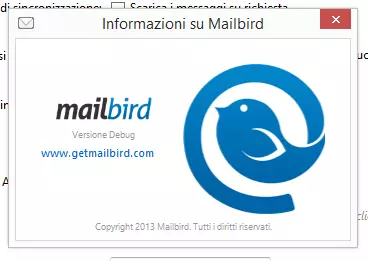
Portuguese
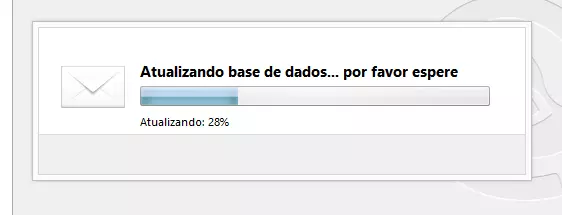
Experience Mailbird Premium today and discover why users worldwide choose our email solution. We're confident you'll appreciate the enhanced productivity and multilingual accessibility.
From the entire Mailbird team, with heartfelt appreciation in multiple languages:
Thank you, Tack, Gracias, Merci, Terima Kasih, Dzięki, Obrigado, Cпасибо, Grazie, Tak, Dank, благодаря, Mulțumiri, and Teşekkürler!
FAQs
Which languages does Mailbird currently support and how do I change the language setting?
Mailbird supports multiple languages including English, Spanish, French, German, Italian, Portuguese, Dutch, Russian, and several others. To change your language setting, go to Mailbird's Settings menu, select "General," and choose your preferred language from the dropdown menu. The interface will update immediately, and you can switch between languages at any time without losing your email data or configuration settings.
Does Mailbird offer real-time translation features for incoming emails in foreign languages?
While Mailbird's primary multilingual feature focuses on interface localization, the client integrates with various translation services through third-party apps and extensions. Users can leverage integrations with Google Translate or Microsoft Translator to translate email content. However, built-in real-time translation isn't a native feature, so you'll need to use these integrations or copy text to external translation tools for email content translation.
Can I use Mailbird with email accounts that have non-Latin characters in addresses or folder names?
Yes, Mailbird fully supports Unicode and can handle email accounts with non-Latin characters, including Cyrillic, Arabic, Chinese, Japanese, and other character sets. This includes email addresses with international domain names (IDN) and folder names in various scripts. The client properly displays and manages emails from providers like Yandex, QQ Mail, or other international email services without character encoding issues.
How does Mailbird handle right-to-left (RTL) languages like Arabic and Hebrew?
Mailbird provides comprehensive RTL language support for Arabic, Hebrew, and other right-to-left scripts. When you select an RTL language in settings, the interface automatically adjusts text direction, menu alignment, and reading flow. Email composition and display properly render RTL text, maintain correct text direction in mixed-language content, and ensure proper formatting when replying to or forwarding RTL emails.
Are there any limitations or known issues when using Mailbird in languages other than English?
While Mailbird strives for complete localization, some advanced features or newly released functionalities may initially appear in English before receiving full translation updates. Additionally, certain third-party integrations and apps within Mailbird's ecosystem may not support all languages. However, core email functionality, interface navigation, and essential features are fully translated and functional across all supported languages. Regular updates continue to improve language support and fix any localization issues.